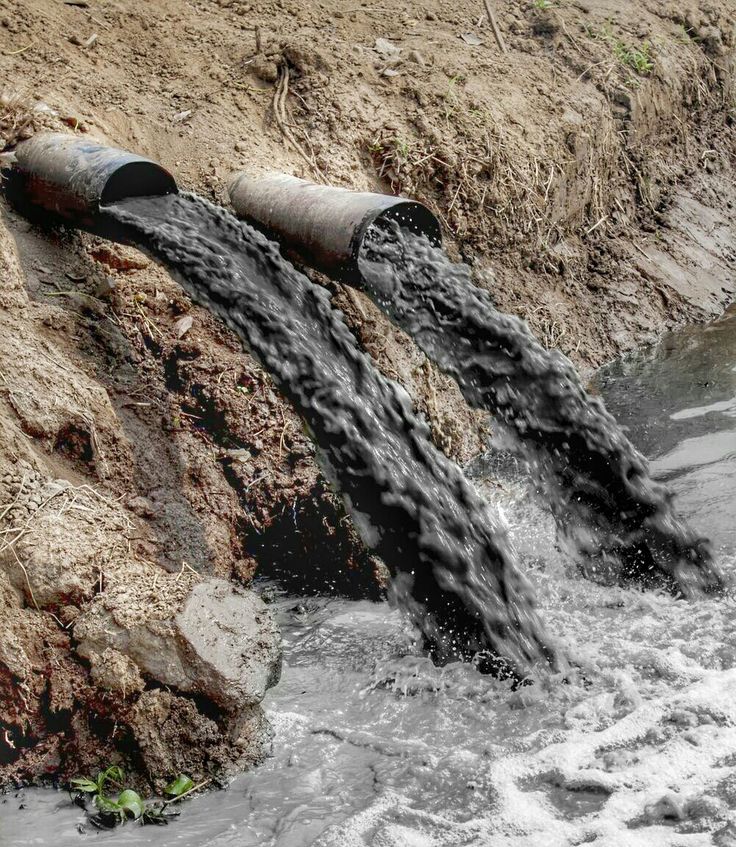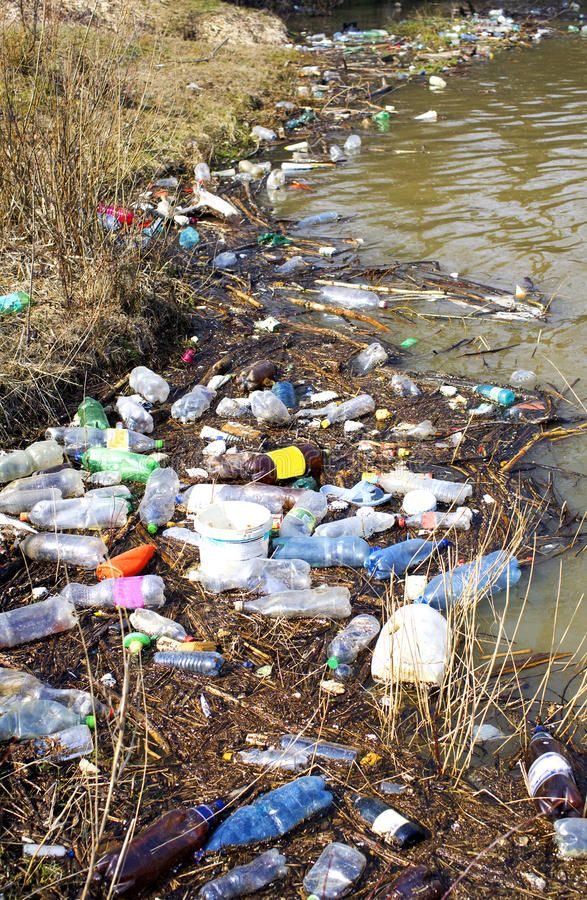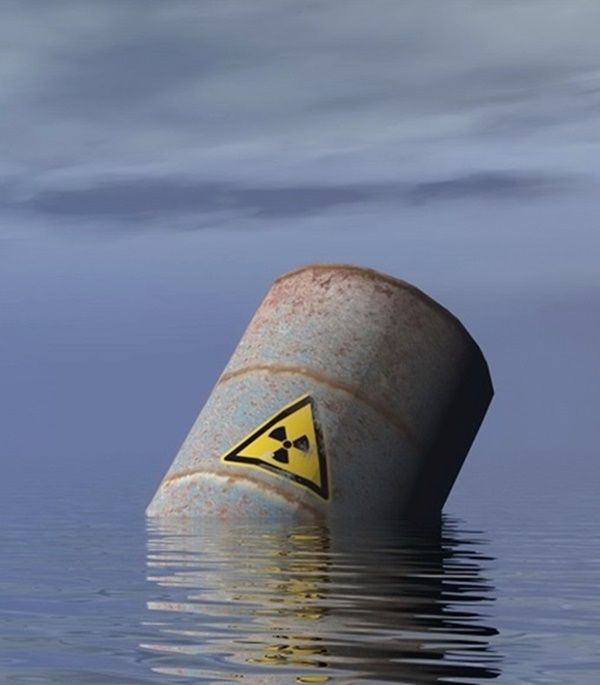Understanding Water Pollution
Water pollution is a serious environmental problem that has an impact on human health, ecosystems, and the sustainability of the world as a whole. This article offers a thorough analysis of water contamination, looking at its sources, consequences, and possible remedies.
Causes of water pollution.
When dangerous materials pollute water bodies, it becomes dangerous to use them for swimming, fishing, drinking, or other activities. This is known as water pollution. The following are the main causes of water pollution:
Industrial Emissions:
- Pollutants like radioactive waste, hazardous chemicals, and heavy metals are discharged into water bodies by factories and industrial enterprises. Both human health and aquatic life may be severely impacted by these contaminants.
Agricultural runoff:
- The use of pesticides, fertilizers, and herbicides in agriculture can cause runoff into surrounding rivers, lakes, and streams. This discharge frequently contains excessive quantities of nutrients, causing eutrophication, which depletes oxygen in water bodies and affects aquatic animals.
Sewage and wastewater:
- Untreated or improperly treated sewage and wastewater from homes and businesses can introduce hazardous microorganisms, chemicals, and nutrients into water systems, endangering health and deteriorating water quality.
Oil spills:
- Accidental oil spills from ships and offshore drilling activities may cause significant harm to marine habitats, impacting species and local economies that rely on fishing and tourism.
Pollution by Plastic:
- Marine life that consumes or becomes entangled in plastic debris is put at risk by the accumulation of plastic waste, including microplastics, in water bodies.
Effects of Water Pollution


Effect on Ecosystems: By adding hazardous materials like chemicals, heavy metals, and fertilizers, water pollution can cause havoc in aquatic ecosystems. These contaminants have the potential to upset the delicate balance of aquatic life, which could result in a loss of biodiversity overall, species composition changes, and fish population decreases.
Water Quality Degradation: Unsafe for drinking and recreational use, pollutants such as sewage, industrial waste, and agricultural runoff can cause water quality to deteriorate. Water sources that have high pollution levels may become useless without costly treatment.
Long-term Effects: Some pollutants can harm ecosystems and public health over an extended period of time by remaining in the environment for years. Persistent organic pollutants (POPs), such as dioxins and PCBs, have the ability to bioaccumulate and linger in the environment for decades, hence presenting continuous dangers.





